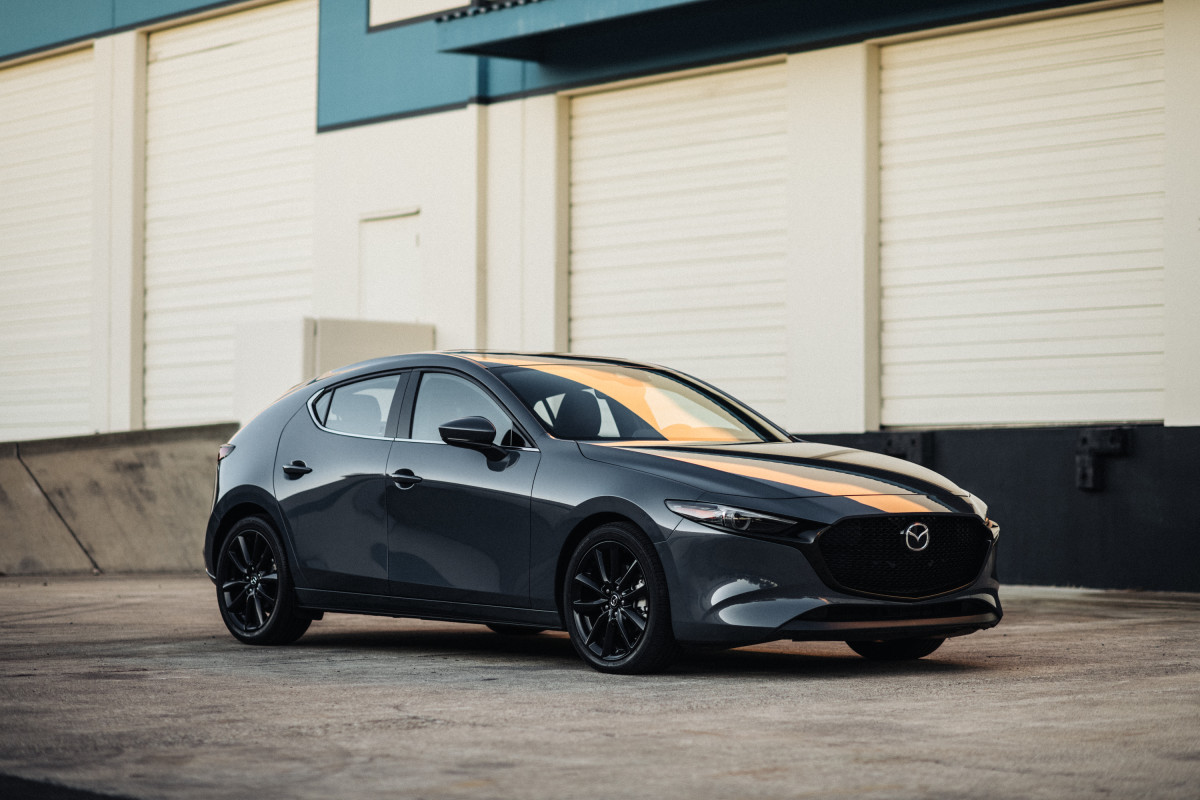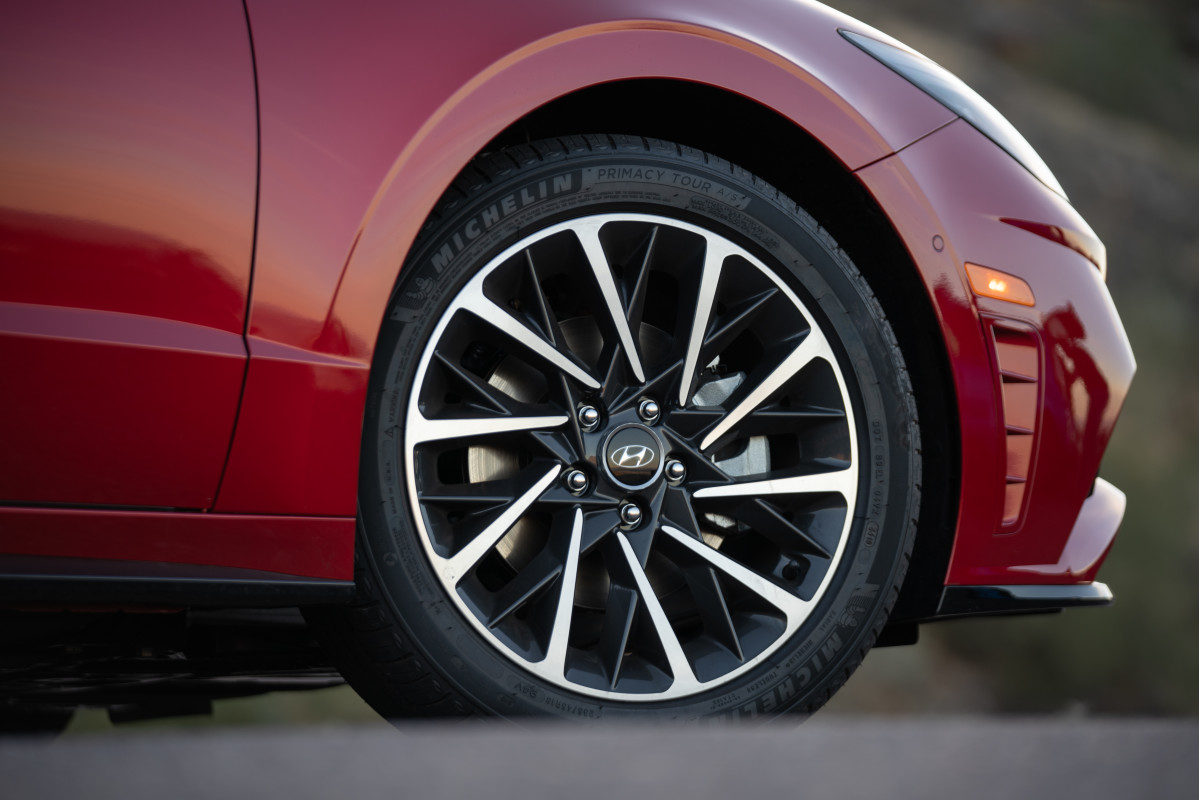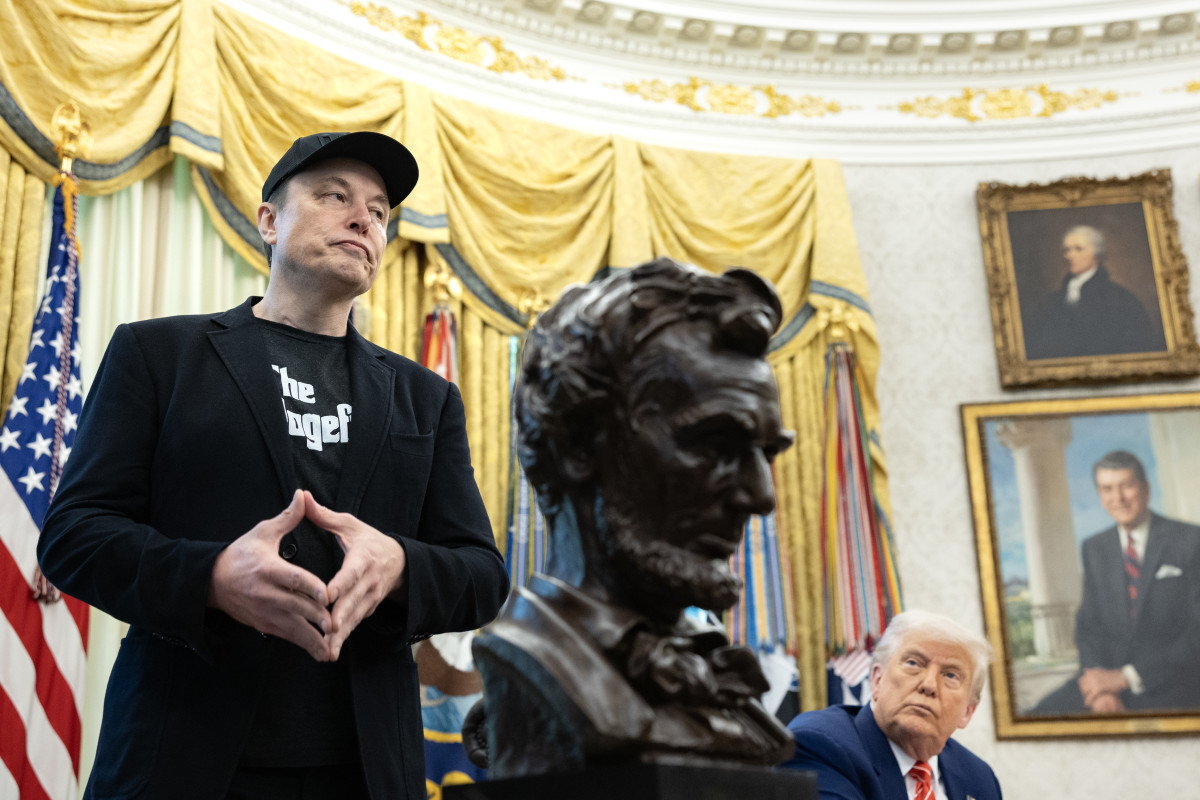Legacy automakers could save billions with Congress’s recent proposal
Senate Republicans have proposed ending fines for automakers not meeting Corporate Average Fuel Economy (CAFE) rules as part of President Trump’s “Big Beautiful Bill.” CAFE fuel economy standards have been active since 1975, with the initial penalty at a $5 fine per 0.1 mpg below the standard, multiplied by the number of vehicles sold in the US market. In 1997, this fine increased to $5.50, and today, the penalty is $14 per 0.1 mpg below the standard, with some automakers significantly more affected than others.
Stellantis has paid the highest amount of recent fines, including $156.6 million for the 2016 and 2017 model years, a record $235.5 million for the 2018 to 2019 period, and $190.7 million for the 2019 and 2020 periods. General Motors (GM) paid $128.2 million in penalties for 2016 and 2017. In 2001, BMW paid a $27 million CAFE fine. If Congress doesn’t change CAFE rules, GM, Ford, and Stellantis are projected to pay over $10 billion in penalties from 2027 to 2032 under stricter regulations set by the Biden administration, according to Transport Topics.
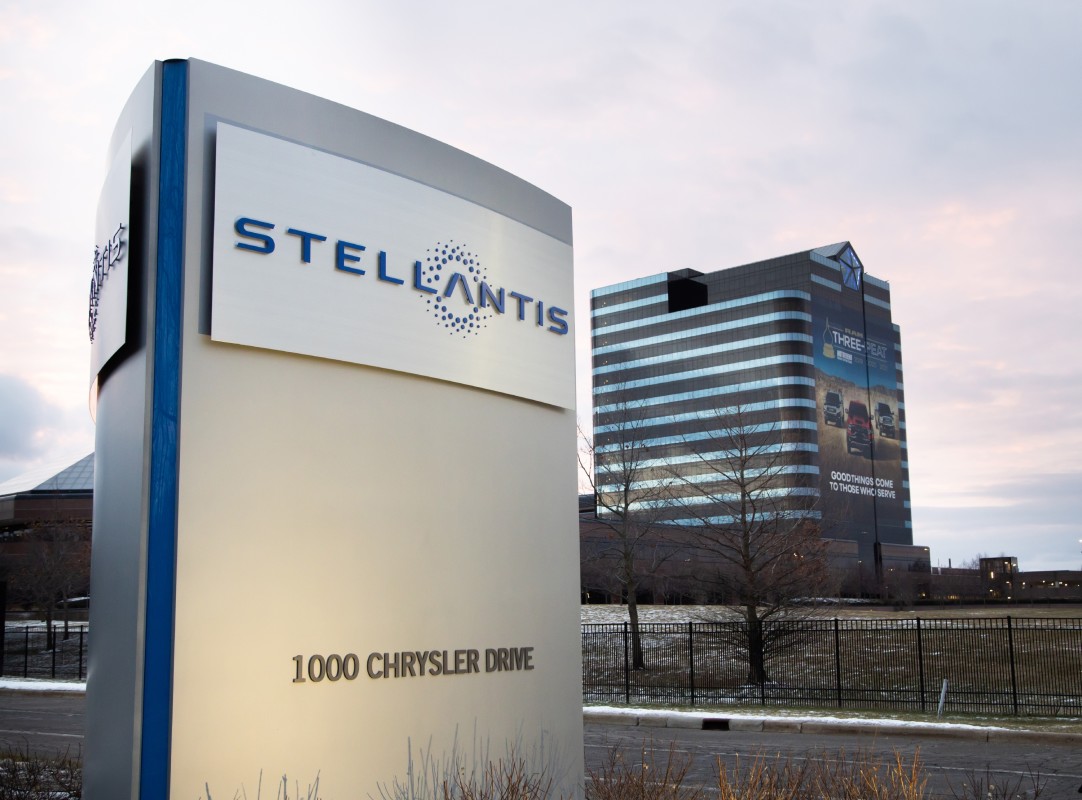
Stellantis
Politicians have their eyes on emissions requirements, too
Senate Republicans also proposed lowering emissions requirements, ending the $7,500 electric vehicle (EV) tax credit, imposing a $250 annual EV registration fee, and phasing out EV battery production tax credits in 2028. Tesla earned almost $2.8 billion last year by selling regulatory credits to other automakers, helping competitors meet government-established car emissions rules, many of which are in California. Competitors who don’t manufacture enough zero-emission vehicles face steep fines if they don’t purchase regulatory credits from Tesla. If rolled back, new emissions requirements would save automakers $200 million, Reuters reports.
The Transportation Department also declared that former President Biden’s administration exceeded its authority by assuming a high EV adoption rate in calculating fuel economy rates, increasing the likelihood of looser CAFE standards. Under President Biden, 2027 to 2031 model-year passenger cars faced a 2% annual fuel economy increase requirement, with trucks subject to a 4% increase. However, new final rules would keep the 2027 to 2031 passenger car fuel economy at 2% while lowering the annual increase for trucks from 4% to 2% for 2029 to 2031 models. However, separate legislation may eliminate CAFE fines altogether.
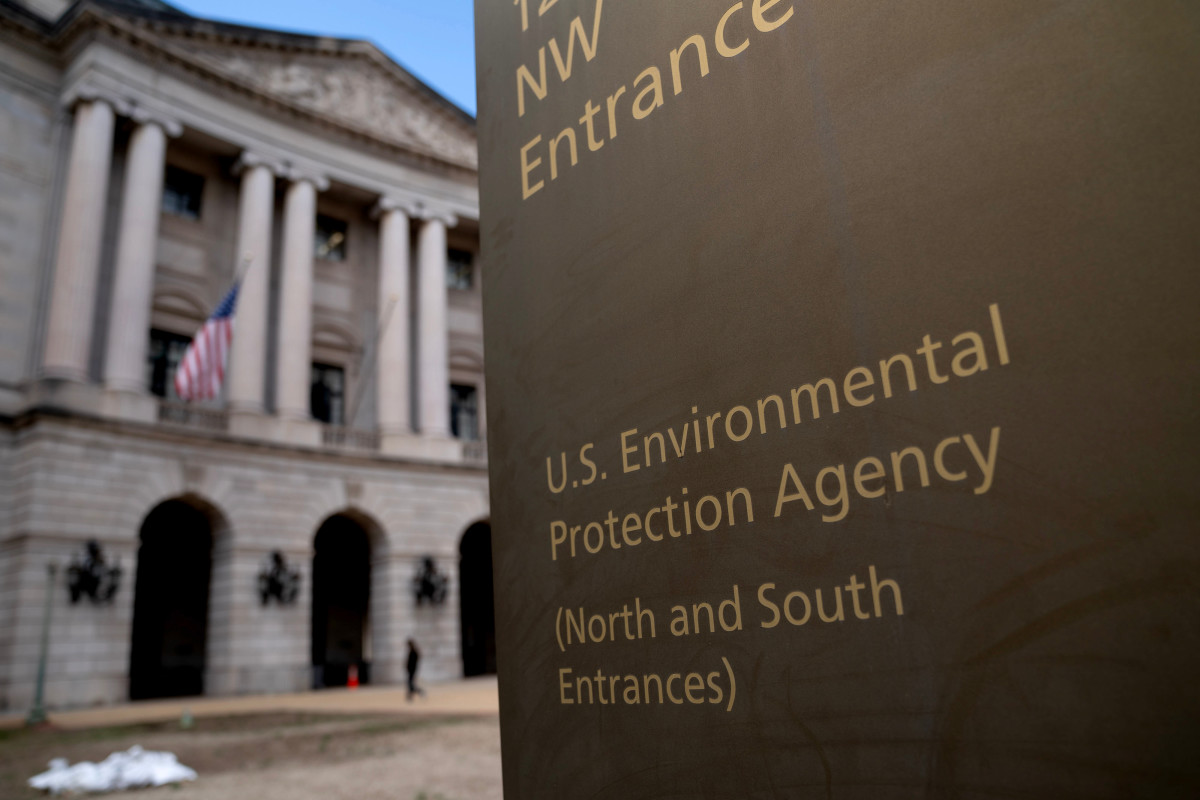
Automakers could still face tailpipe emissions rules established by the Environmental Protection Agency (EPA), even if Congress eliminates CAFE fines. While Congress can overturn EPA rules, its most recent CAFE proposal doesn’t impact EPA penalties. As of 2025, automakers are subject to EPA penalties up to $45,268 per non-compliant vehicle or engine, $4,527 per tampering event or sale of defeat device, and $45,268 per day for reporting and record-keeping violations.
Final thoughts
If passed, Congress’s proposal could significantly shape the U.S. EV adoption rate in favor of lowering immediate costs for legacy automakers. “We are making vehicles more affordable and easier to manufacture in the United States. The previous administration illegally used CAFE standards as an electric vehicle mandate, raising new car prices and reducing safety. Resetting CAFE standards as Congress intended will lower vehicle costs and ensure the American people can purchase the cars they want,” said current Department of Transportation Secretary Sean Duffy regarding Congress’s proposal to end CAFE fines.




